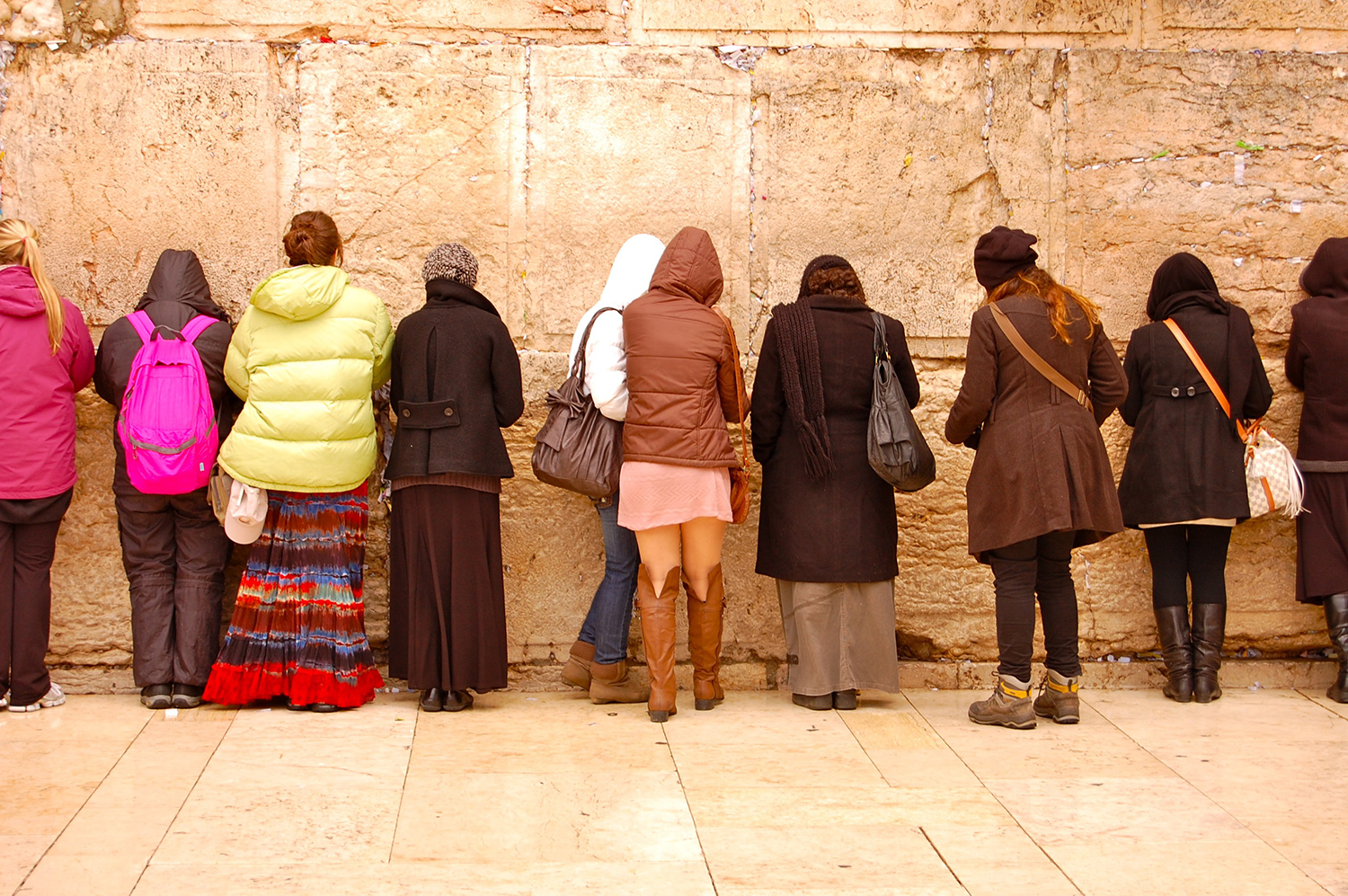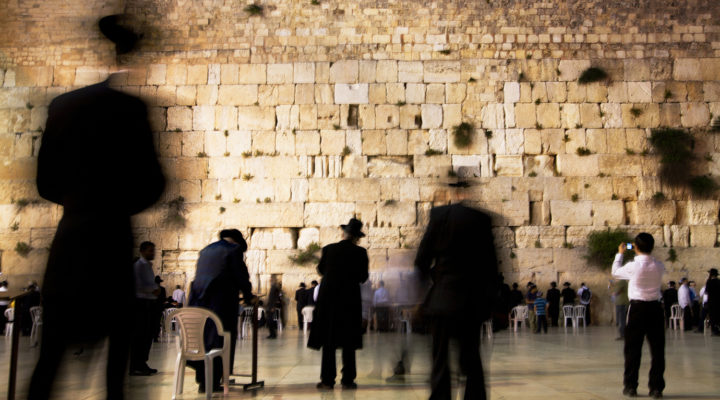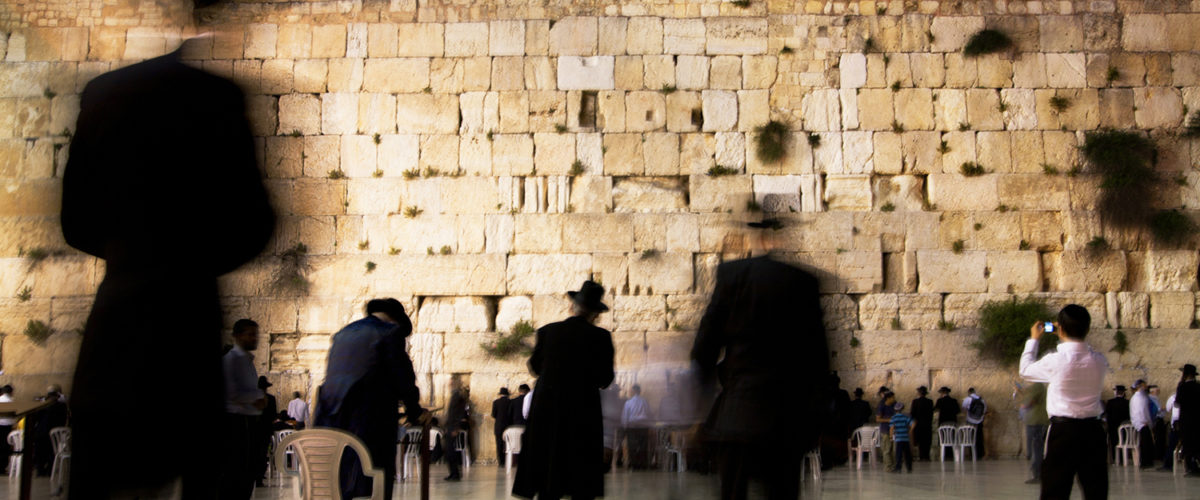In Israel, Jewish women are fighting for the right to pray from Torah scrolls at the Western Wall, as men do. Starlette McNeill identifies with those women and their struggle.
While McNeill isn’t Israeli and isn’t Jewish, her personal trials to become a Baptist minister has parallels to the events unfolding in Jerusalem.
Like so many other women around the nation and world, McNeill says she had to overcome entrenched opinions to answer the calling she had to pray and preach in churches and in other religious settings.
“I was told, ‘You should teach Sunday school,’ when I shared my call to preach,” says McNeill, associate pastor at Village Baptist Church in Bowie, Md.
She was 17 then.
“At the time, I didn’t know that I couldn’t preach because I was a girl or that this deacon was denying my calling.”
But McNeill, like so many other Baptist women in ministry, persevered and is living her calling.
And it seems women in Israel may be on the brink of doing the same.
The Jewish Telegraphic Agency reported Wednesday that Israel’s Supreme Court issued an interim injunction allowing women to read from the Torah in a section of the holy site reserved for women.

Women in Israel have sued for the right to pray from the Torah at the Western Wall in Jerusalem — just are men are permitted to do. (Photo/Meaghan O’neill/Creative Commons)
Previously, they could not read from the scrolls or bring other religious items with them to the Wall.
The court also ruled that Robinson’s Arch, an egalitarian prayer area, is not part of the sacred site, JTA reported.
The injunction gave Orthodox administrators of the Wall, and other government agencies, a month to explain why women should not be able to pray as they choose at the Wall.
“It also declared that women should not be subjected to body searches before entering the plaza” the news agency reported.
The Western Wall Heritage Foundation, the Orthodox group that oversees activity at the site, ordered the searches to prevent worshippers from entering the women’s side with Torah scrolls, prayer shawls, tefillin and menorahs, the news agency said.
”The parties ‘must explain why the petitioners should not be allowed to pray in accordance with their custom at the traditional plaza, or alternatively allow them to pray in accordance with their custom at a place which has access to the Western Wall similar to [the access] at the traditional site,” the court said.”
The women’s groups leading the legal action argued the current practices are a violation of Israeli anti-discrimination laws.
For McNeill, women fighting to carry the Torah to the Western Wall is a reminder of the overarching struggle of women to be recognized within their bodies of faith.
“I am reminded that like Mary, the mother of Jesus, it remains scandalous for a woman to carry the Word,” she said.
Women, McNeill added, “are still treated like a third wheel in their own personal relationship with God.”
Scripture is replete with stories of all sorts of murderers, polygamists and liars being used by God. But women, McNeill said, are considered to be unworthy and untrustworthy.
“Good or bad news, we don’t believe the report of women,” she said. “Whether raped or called by God, we don’t believe her. Because she is a woman, her character is always in question.”



